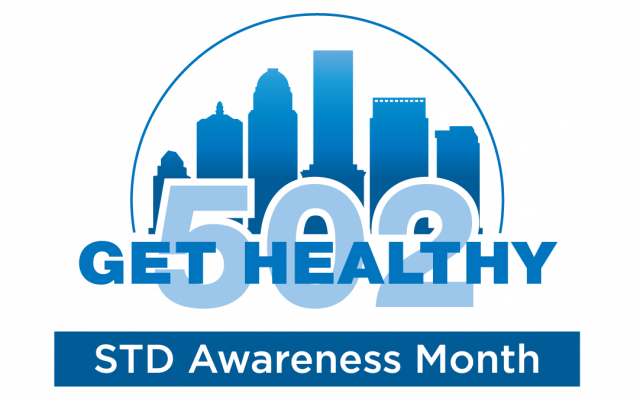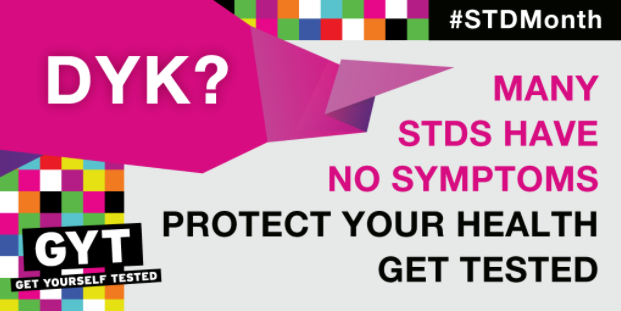Get Healthy 502- STD Awareness

Get Yourself Tested for sexually transmitted diseases/infections as regular part of your checkup to stay healthy and prevent the spread of infection to others.
An estimated 20 million people are diagnosed with new sexually transmitted infections (STIs) each year. While it may be uncomfortable to discuss your sexual health with a provider, it is one of the most important things you can do to protect your health.
Many STIs do not cause symptoms, so the only sure way to know is to get tested. Letting an STI go untested and untreated can lead to serious health issues such as infertility, cancer or HIV. Testing is quick, simple and usually painless.
Norton Healthcare offers several same-day options for testing and confidential online scheduling. Reserve your spot at a Norton Immediate Care Center or make a same-day appointment at any Norton Prompt Care at Walgreens location. You also can make testing part of your annual wellness visit with a primary care provider at any Norton Community Medical Associates location.
Most insurance plans, including Medicare, cover most of the cost of STI screenings. Check with your insurance provider before scheduling to understand costs.
To schedule an appointment at a Norton Immediate Care, Norton Prompt Care at Walgreens or primary care location near you, click here or call (502) 629-1234, option 3.
- The Centers for Disease Control and Prevention estimates that 15- to 24-year-olds account for half of all new STI diagnoses each year.
- You can’t tell someone has an STI just by looking at them.
- Certain racial and ethnic groups (mainly African Americans, Latinos and American Indian/Alaska natives) have high rates of STIs compared with white people.
- STIs often have no symptoms. The only way to know for sure if you have an STI is to get tested.
- STI tests aren’t always a part of a regular visit with a health provider. You may have to ask to be tested.
- Almost all STIs that can be spread through unprotected vaginal sex also can be spread through unprotected oral and anal sex.
- Birth control methods such as the pill, patch, ring and IUD are very effective at preventing pregnancy only. Condoms protect against pregnancy and STIs.
- STI testing is a basic part of staying healthy.

Ref: https://www.cdc.gov/std/sam/gyt/graphics.htm



